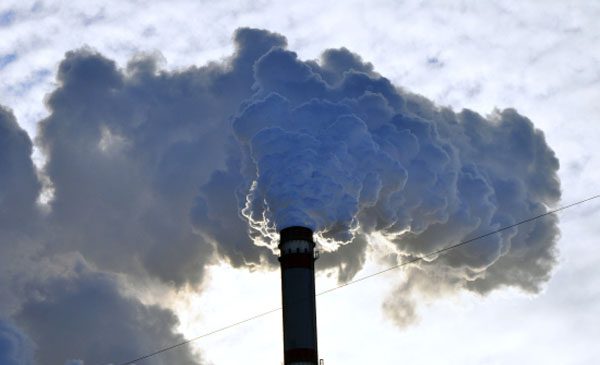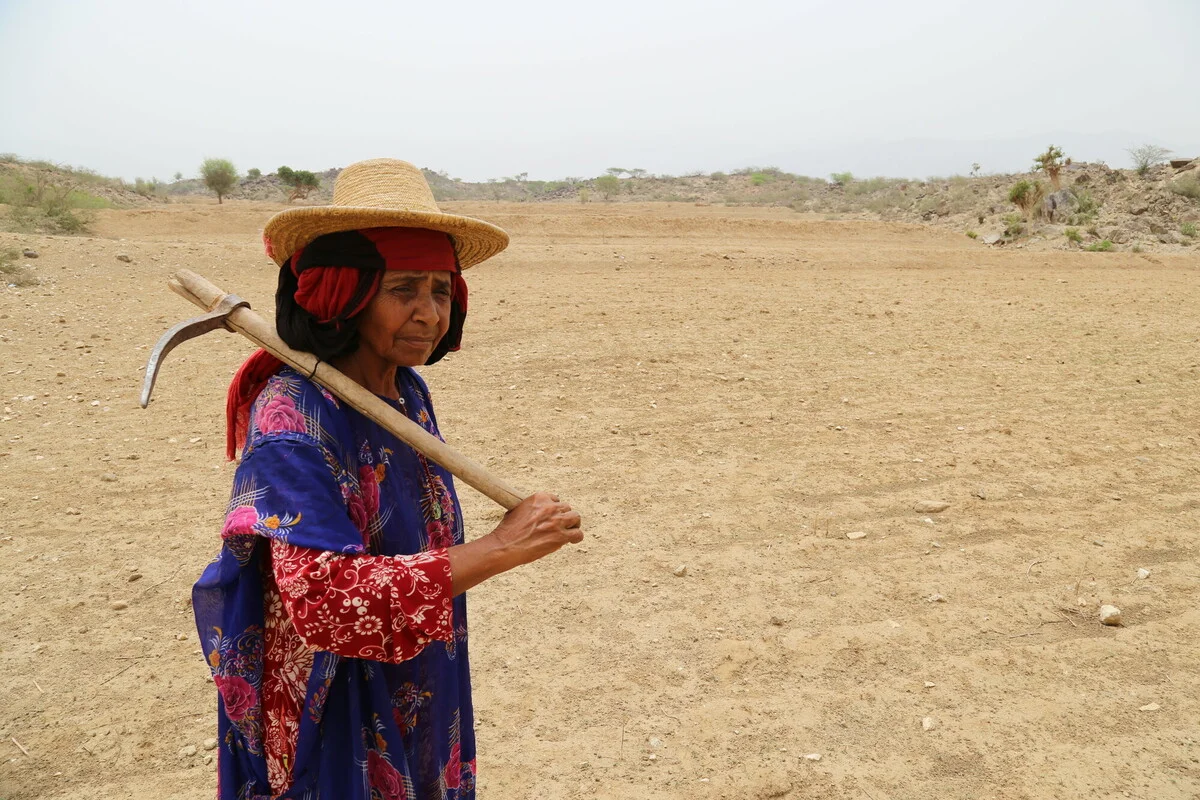The biggest spike in global greenhouse gas emission in recorded history occurred last year. After a brief easing of emissions in 2009, generally accredited to the global financial crisis, a lift in economic activity produced a staggering 564 million more tons of CO2 in 2010, beating the previous year’s output by 6%. That’s according to a recent report from the U.S. Department of Energy, and they should know, they have data collected from before the industrial revolution, as far back as 1971.
Half of that increase came from the U.S and China, which isn’t surprising given they are the top 2 emitters annually (the top 10 were announced at this year’s UN Climate Change Conference in Durban, South Africa). China produced 9441 megatons of CO2e (a combination of carbon dioxide and other greenhouse gases) gaining 212 megatons of carbon in 2010 over 2009, while the U.S. showed a 59 megaton increase. Several countries, including New Zealand, showed moderate declines from 2009 to 2010, but these reductions were nowhere near enough to offset output by the big emitters.
One of most troubling aspects of the 2010 milestone is the link it illustrates between economic growth and growth in global emissions. In a world fuelled by fossils, the surge in emissions for 2010 is an unfortunate signal for economic recovery.
The 17th UN climate summit is currently taking place in South Africa, yet 2010 exceeded the ‘worst case’ scenario put forward by the Intergovernmental Panel on Climate Change in 2007, showing that over those 17 years the situation is getting worse, not better. The pressure is on for these talks to start yielding results, such as a Green Climate Fund that helps poorer countries adapt to the effects of climate change and hopefully, allows them to work toward economic development that is de-coupled from CO2e emissions.
Jeffrey Paul is an intern with Oxfam Australia



